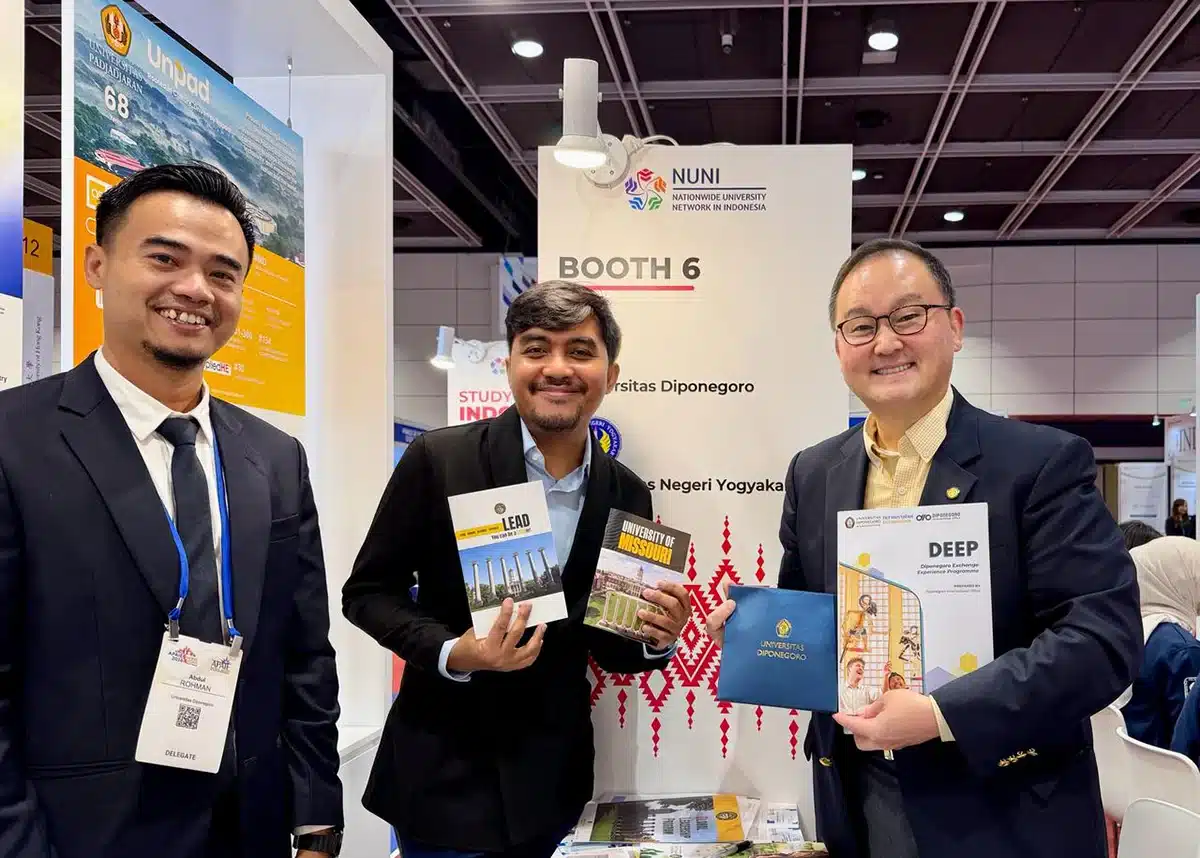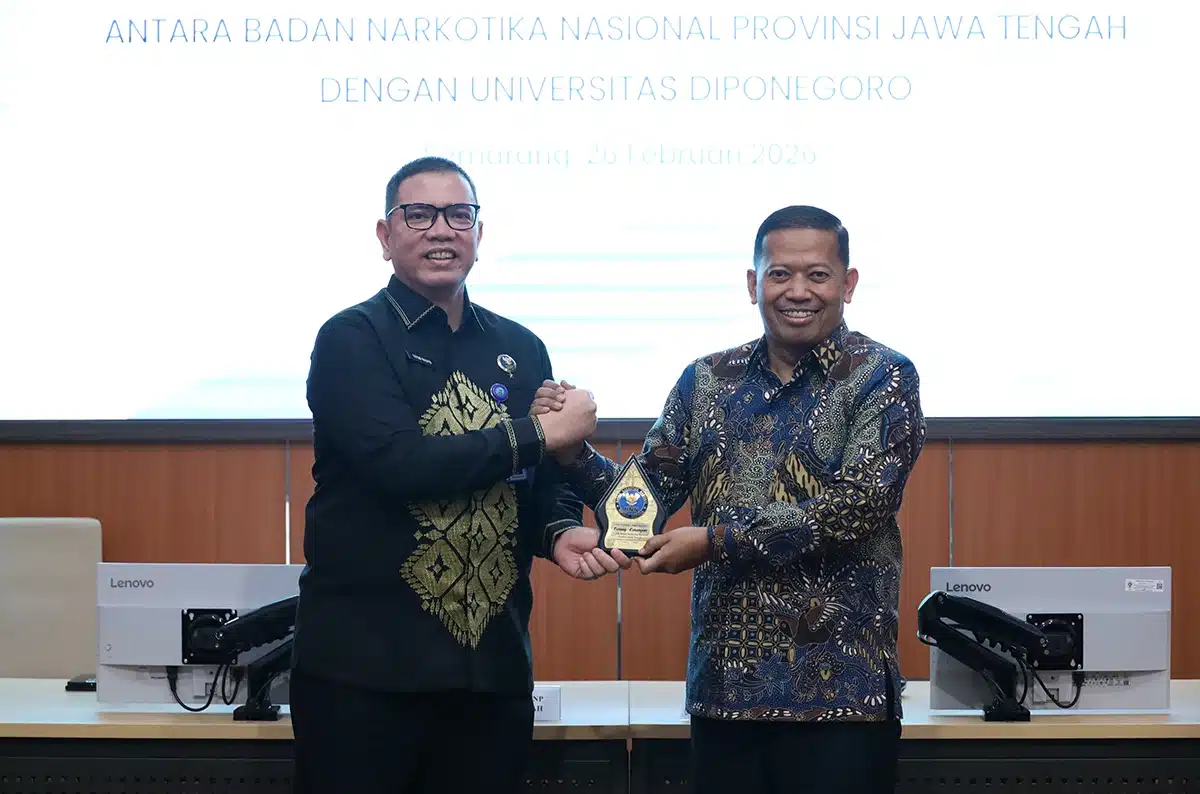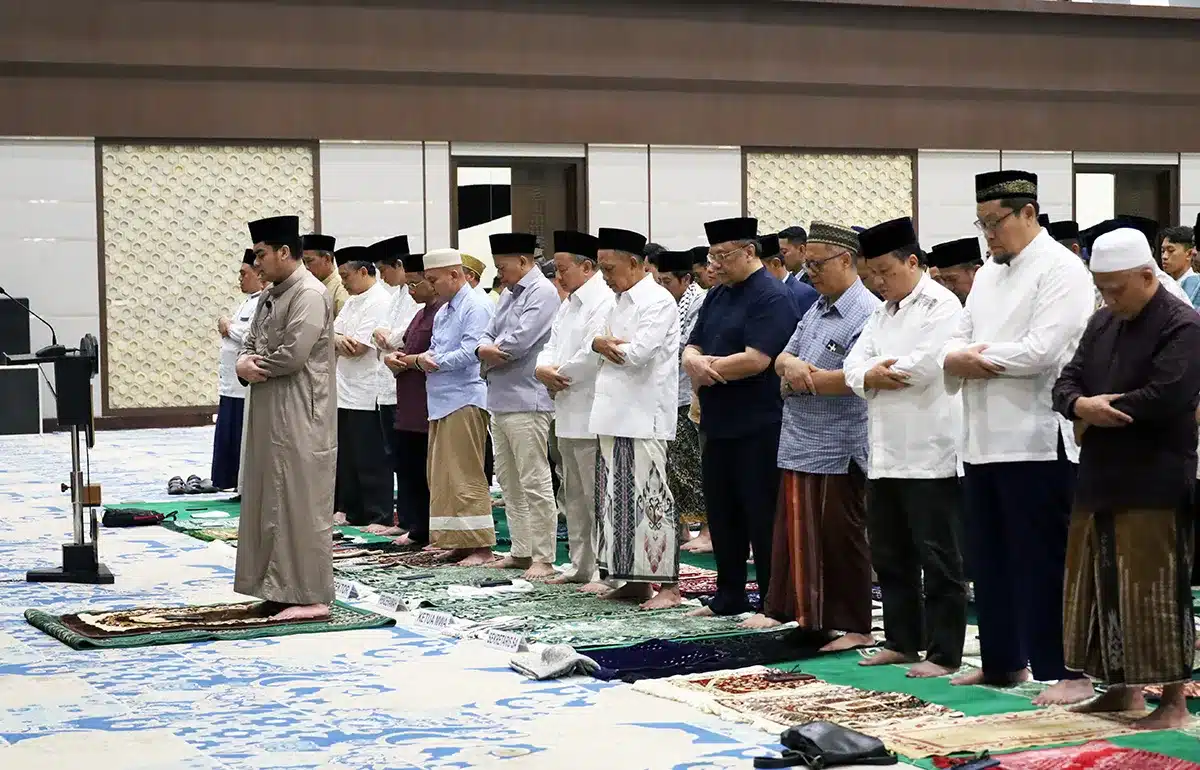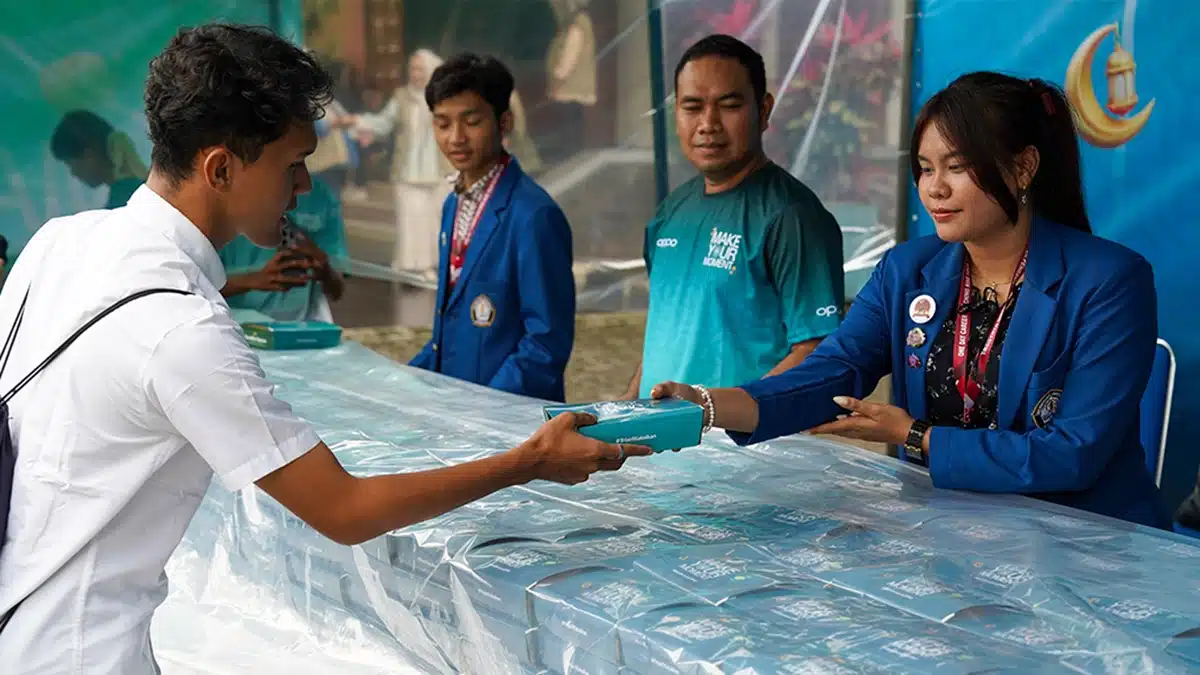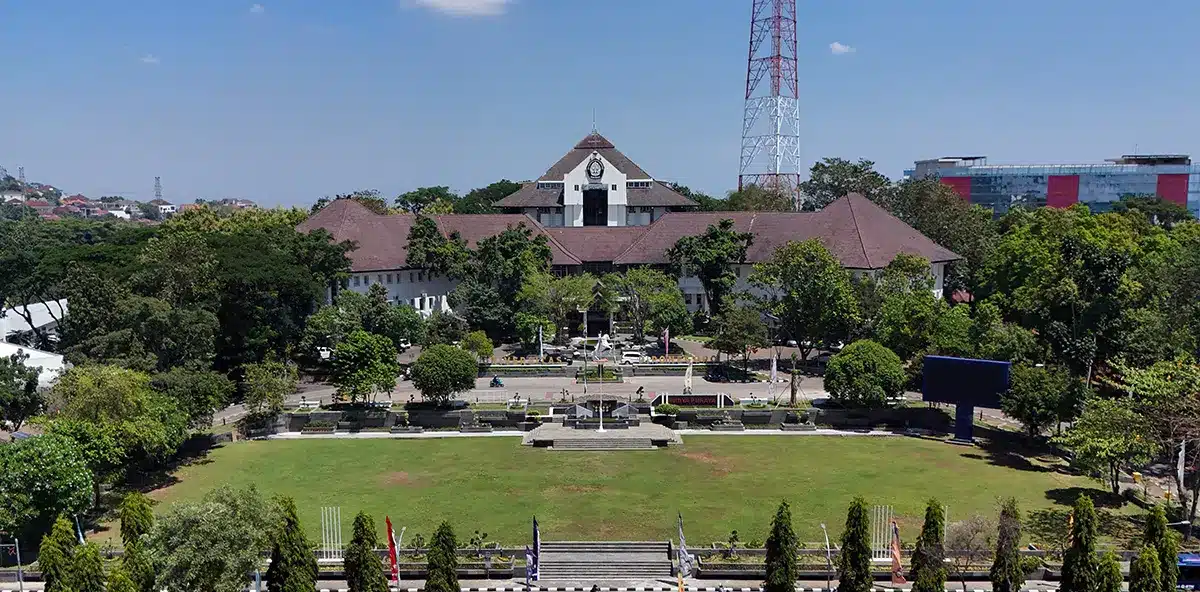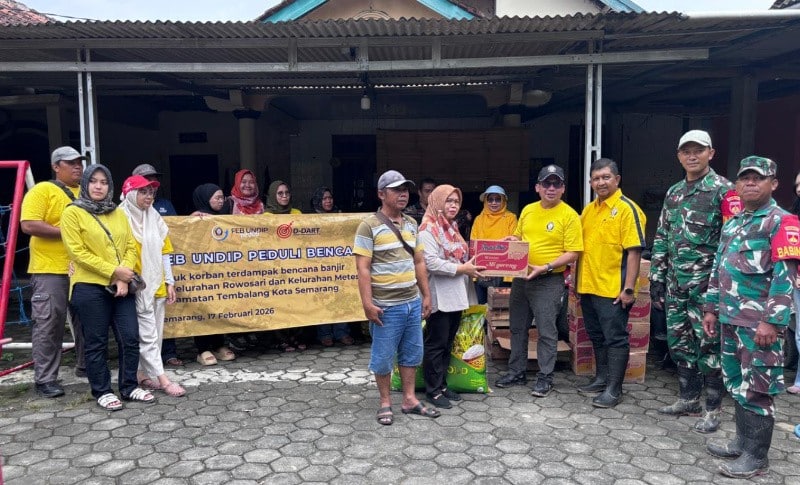The presence of new media and the digital era slipped all the anxiety of parents. The reason is, the results of ECPAT research in 2017, quite a lot of children are exposed to pornography through smart phones. This is certainly troubling, said Ayu, a lecturer in Communication Science who serves as the Coordinator of community service at the Department of Communication Science, FISIP Undip. Therefore, the Department of Communication Science took the initiative to hold community service with the theme of digital literacy.
For Mrs. Yoto, the teacher of TK Pertiwi Tembalang, the teachers were also worried of the exposure of bad contents for children and wanted to find a solution to the problem. Moreover, the Indonesian Child Protection Commission also recorded data that 97 percent of high school children had access to pornographic/negative content.
“One of our offers is for parents to build more precise communication with their children. Forbidding them to touch gadgets doesn’t seem like an easy answer,” explained Agus Naryoso, a lecturer in the Communication Science Study Program, Faculty of Social Science and Political Science Undip.
“We are not experts so we discussed this issue with parents, and some brilliant ideas emerged from them,” explained Dr Adi Nugroho, M.Si. who is a member of the Undip community service team. Mrs. Juni, for example, said that she required certain “clauses/options” for her children regarding whether or not their children were given the opportunity to use cell phones. As a result, they can divide their time to recite the Quran in the prayer room, study and do their homework at home then use their cellphones for a while.
Community service activities with the theme of media literacy for teachers and parents of TK Pertiwi Tembalang Semarang also presented two other lecturers, namely Dr. Hedi Pudjo Santoso and Dr. Sri Budi Lestari which took place at TK Pertiwi Tembalang. The community service activities aim to prevent children from being exposed to pornographic/negative content as much as possible.
Give another alternative
The lecturers of the Department of Communication Science also offer schools to provide certain ways and strategies for their students so that they pay more attention to non-gadget educational games. For example, teachers can provide more educational content that is fun for the students. There is still a kind of traditional game or playing in the arena with the instruction of the teachers.
Related to digital literacy, Agus Naryoso offered several alternatives, for example limiting children’s access to content that is only for their age, monitoring children’s behavior using gadgets as well as providing education and understanding for children to only access content according to their age.
Ayu added that there are regular patterns of mentoring for the generation of children in this digital era, because it is not easy to completely prohibit the use of cell phones. “There needs to be a proportion using this smart media with a similar kind of game in the real world,” he added.
Adi Nugroho suggested that parents lend cell phones to children according to their needs. This is also a preventive measure because when they are older they will get used to exploring things on social media well. If the children are reckless in using social media, it could raise problems regarding violations of the ITE Law.
Ninik, S.Pd, the principal of the Pelangi Kindergarten hoped that Undip can attend the school with continued service, raising the theme of digital literacy on the phenomenon of violence which has recently worried educators. The community service activities were participated by the managers of the Kindergarten Foundation, as well as the principal of the TK Pertiwi Tembalang Semarang.


